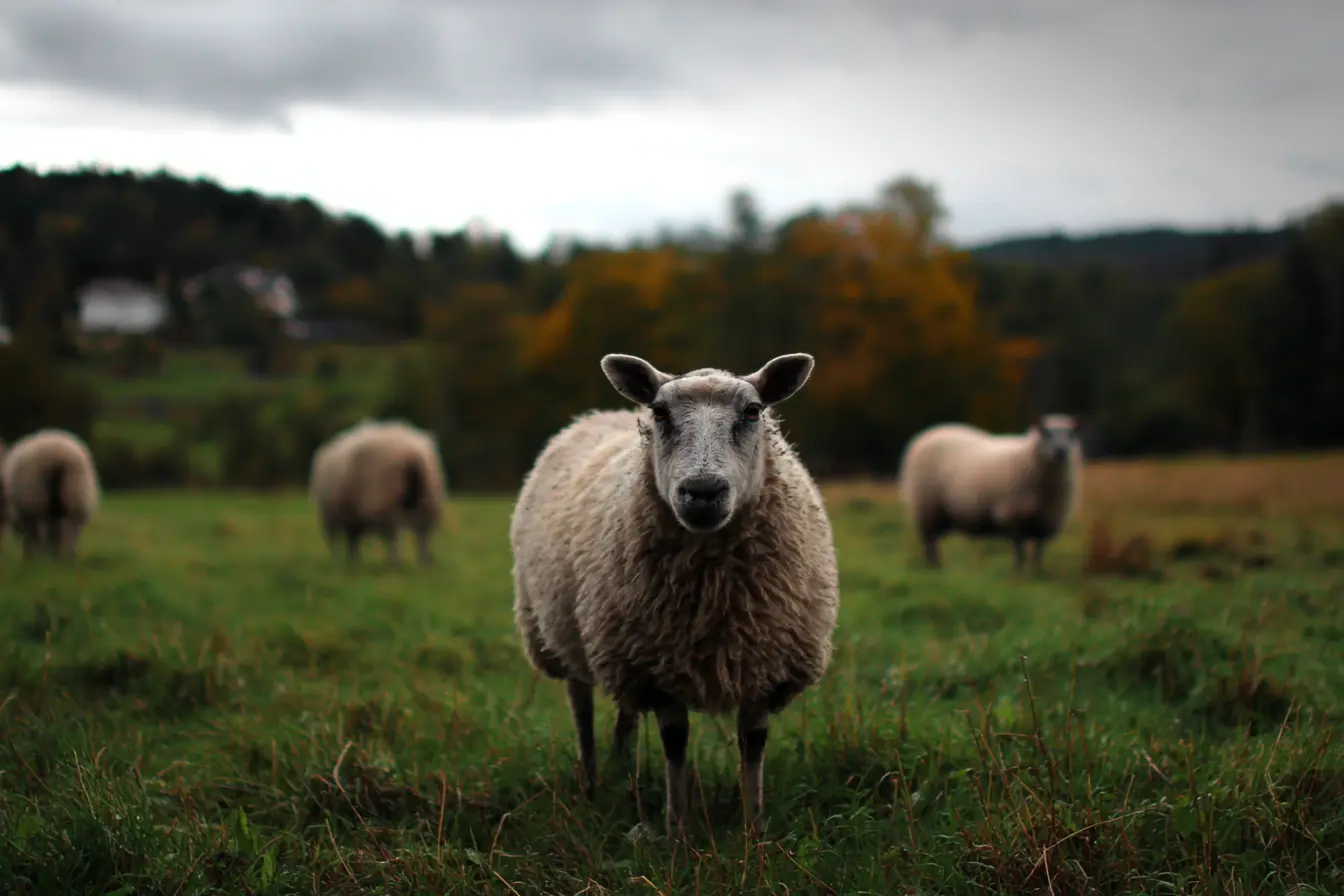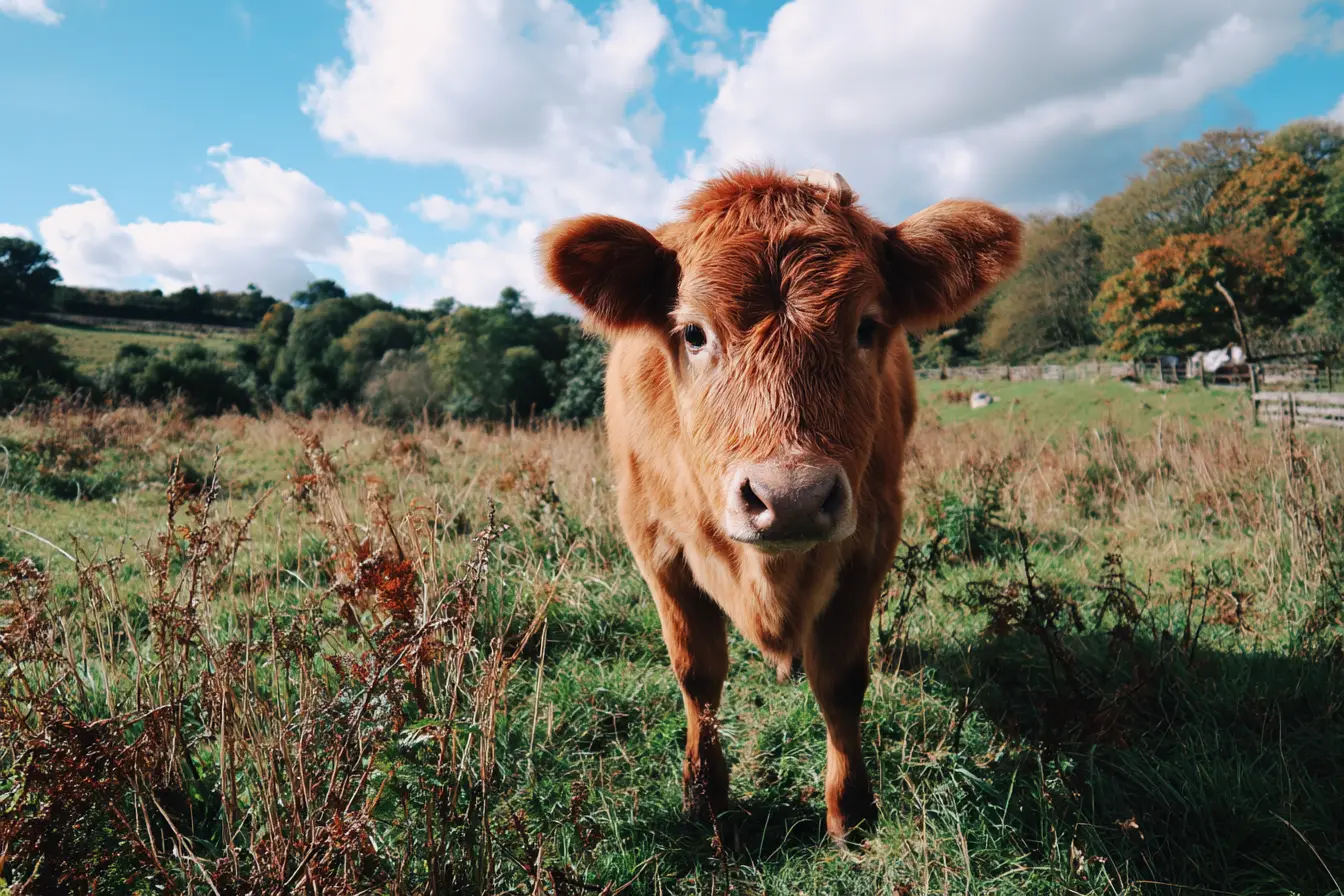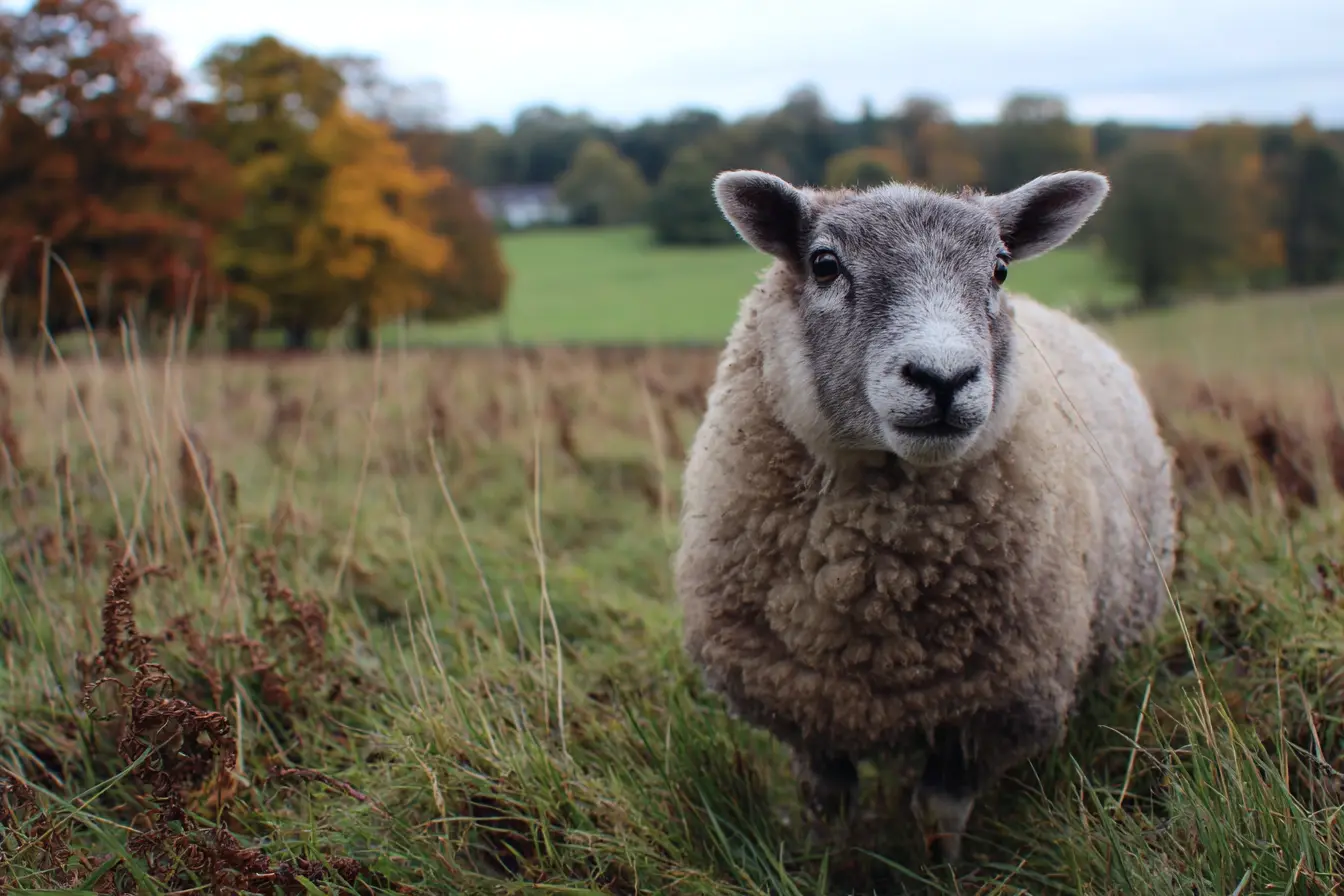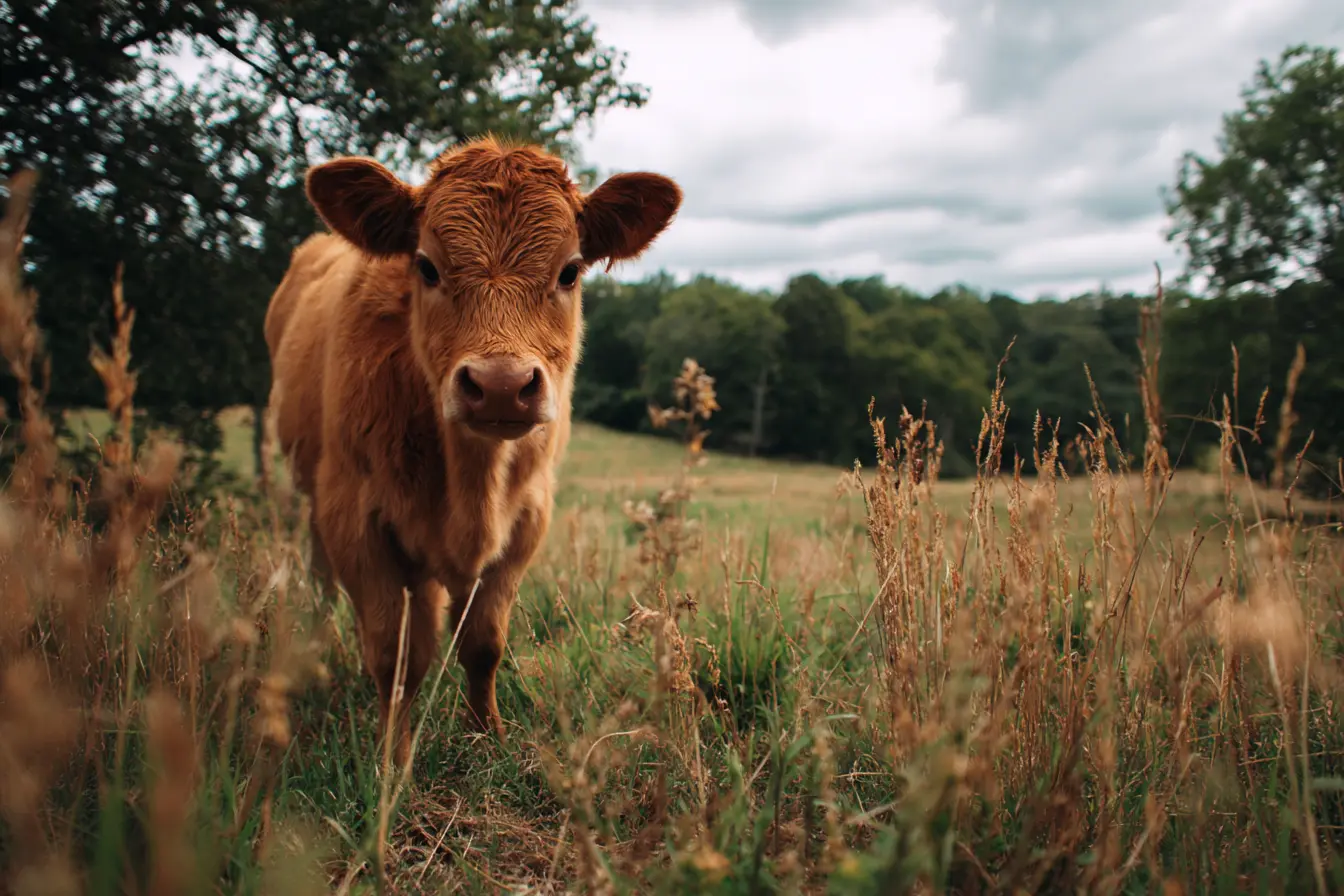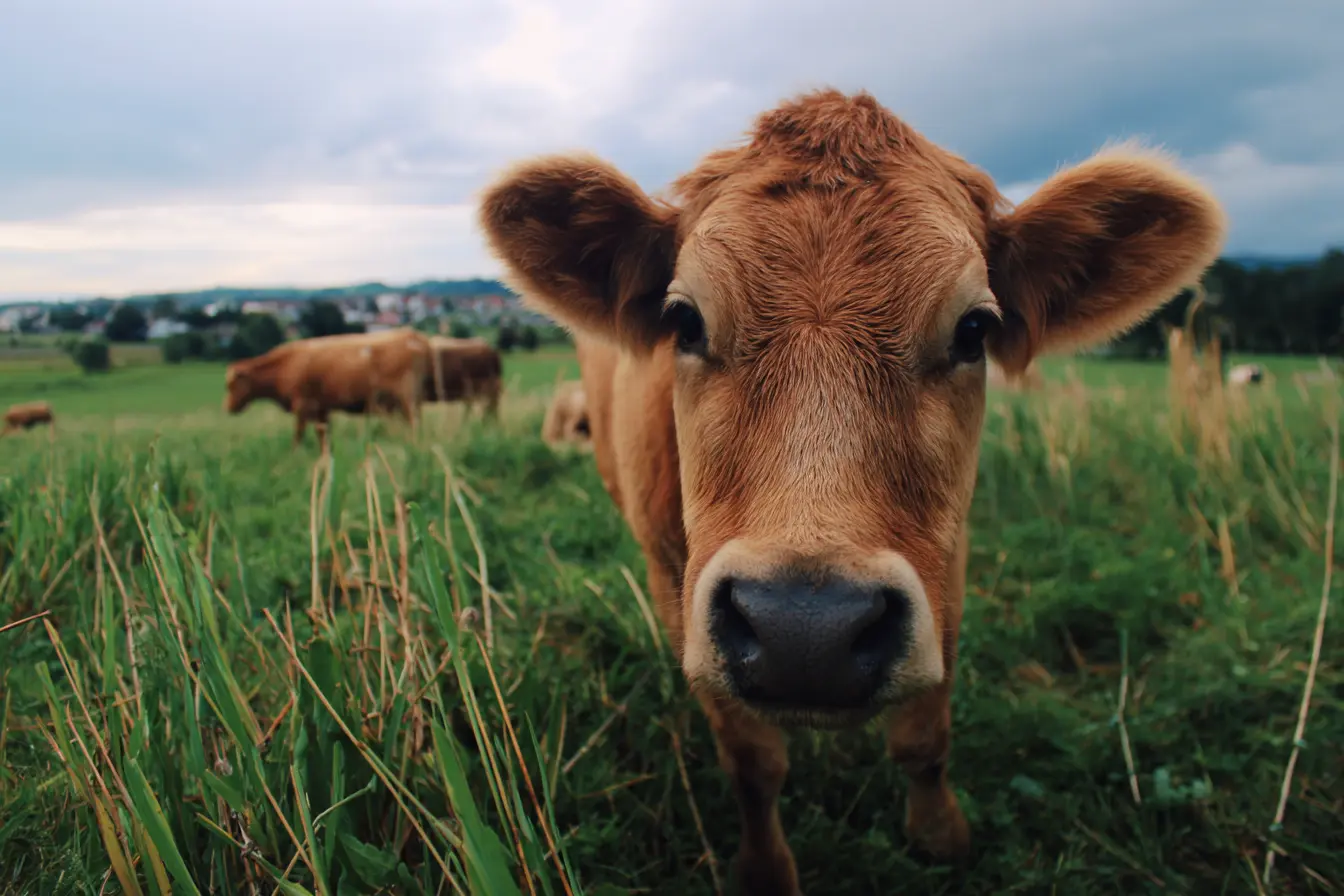
Lumpy Skin Disease in Livestock: UK Status Update (July 2025)
Lumpy Skin Disease (LSD) is a highly infectious viral disease affecting cattle, caused by the Lumpy Skin Disease Virus (LSDV), a member of the Capripoxvirus genus within the Poxviridae family. LSD is a notifiable disease in the UK, meaning any suspected cases must be reported immediately to the Animal and Plant Health Agency (APHA).
The disease is primarily transmitted by biting insects, especially stable flies (Stomoxys calcitrans), mosquitoes, and ticks. There is no evidence LSD can infect humans.
How Lumpy Skin Disease Affects Livestock
Cattle
Cattle are the only livestock species clinically affected by LSD. Typical clinical signs include:
- Firm, raised skin nodules (up to 5 cm diameter), particularly on the head, neck, limbs, udder, and genitalia
- Fever, lethargy, and reduced appetite
- Swollen limbs and brisket, potentially causing lameness
- Enlarged lymph nodes
- Eye and nasal discharge, excessive salivation
- Severe cases may lead to death, particularly in calves or weakened animals
- Chronic effects include reduced milk production, poor weight gain, and skin damage leading to hide downgrading
Other Animals
LSD is species-specific and does not affect sheep, goats, pigs, or camelids. Wildlife, including wild bovids, are not considered significant in LSD transmission in Europe or the UK.
Diagnosis and Reporting
Veterinary diagnosis involves:
- Clinical assessment
- Laboratory confirmation via PCR testing, virus isolation, or serological methods
- Immediate mandatory reporting to APHA upon suspicion
Lumpy Skin Disease: Global and European Situation
Historically endemic to Africa, LSD spread into the Middle East and parts of Europe during the 2010s.
In 2025, the disease has re-emerged in parts of Europe, specifically:
- Italy — first confirmed outbreak on 21–23 June 2025 in Sardinia, later spreading to mainland Italy (Mantua, Lombardy) by early July 2025
- France — first-ever confirmed case on 29 June 2025 in Savoie, eastern France
These outbreaks are ongoing, with control zones and emergency vaccination programs implemented in affected European regions.
Lumpy Skin Disease in the UK: Current Status as of July 2025
Are There Any Cases in the UK?
The UK remains free of Lumpy Skin Disease as of July 2025.
- There are no reported cases in England, Scotland, Wales, or Northern Ireland
- No outbreaks have occurred in UK livestock to date
- The risk of disease introduction into the UK is currently assessed as “very low”, according to APHA and Defra
Current UK Measures
Due to the escalating situation in continental Europe, the UK has introduced precautionary import controls, including:
- Suspension of imports of live cattle, certain cattle products (raw milk, hides, skins), and germinal products from:
- All regions of France (from 1 July 2025 onwards)
- Affected regions of Italy (including Sardinia and Lombardy, from 24 June 2025 onwards)
These measures aim to prevent the introduction of LSD into the UK cattle population.
Disease Control Measures in the UK
No Domestic Outbreak Zones
There are no control zones, movement restrictions, or vaccination programs currently in place within the UK.
Routine veterinary surveillance continues, particularly for imported animals and regions closest to continental Europe.
Import and Movement Controls
- Imports from affected European regions are strictly controlled or banned
- Pre-import certification and post-import health checks apply to cattle from permitted areas
- Exports from the UK continue without LSD-related restrictions, since the UK remains disease-free
Prevention and Preparedness in the UK
Veterinary Preparedness
Veterinarians and farmers are advised to remain alert for clinical signs of LSD, especially during peak vector seasons (late spring to early autumn).
Vector Control Recommendations
While no outbreaks are currently present in the UK, good practice on vector control is strongly encouraged, particularly during high-risk seasons. Recommended actions include:
- Regular fly and insect control using approved repellents, pour-ons, or sprays
- Use of insecticide-treated ear tags or collars to reduce biting insect burden
- Housing cattle indoors during peak vector activity periods (early morning and late afternoon/dusk), where feasible
- Using physical barriers, such as insect-proof netting in cattle housing or shelters
- Drainage of standing water to reduce mosquito breeding grounds around farms
- Pasture rotation and resting, particularly during peak vector seasons, to lower insect exposure
- Regular inspection and monitoring of cattle for signs of illness
- Prompt isolation and veterinary assessment of any animals exhibiting suspicious lesions or symptoms
Vaccination Policy
There is no LSD vaccination authorised in the UK at this time. However, Defra maintains contingency plans for emergency vaccination in the event of an outbreak.
Implications for UK Livestock Keepers
- Cattle keepers should remain vigilant, especially those near ports or livestock import routes
- No domestic trade restrictions apply within the UK
- Exporters should monitor EU trade restrictions, as these may change in response to European outbreaks
- No special movement licensing or zoning is required in the UK as of July 2025
Summary
As of July 2025, Lumpy Skin Disease is absent from the UK.
Outbreaks are active in France (first case 29 June 2025) and Italy (first case 21–23 June 2025), prompting strict UK import controls.
No UK cattle movement restrictions, control zones, or vaccinations are in place, but routine surveillance and biosecurity remain essential.
UK farmers are encouraged to remain vigilant, practice good biosecurity, and monitor Defra and APHA updates for any changes in disease status or trade requirements.
Disclaimer: Information is correct as of July 2025. Always consult Defra and APHA for the latest updates.
Contents
Vets near you
Speciality vets
- Aquatics vet specialists
- Birds vet specialists
- Camelids vet specialists
- Cats vet specialists
- Cattle vet specialists
- Deer vet specialists
- Dogs vet specialists
- Equines vet specialists
- Exotic vet specialists
- Goats vet specialists
- Pigs vet specialists
- Poultry vet specialists
- Sheep vet specialists
- Small Mammals vet specialists
- Wild vet specialists
Vet facilities
- Accessible by public transport
- Blood testing
- Car park nearby
- Client car park
- Dentistry
- Diagnostic imaging
- Disabled public access
- Flea and worm treatments
- Microchipping
- Mobile services
- Neutering
- Open at weekends
- Out-of-hours service
- Referral interests
- Referrals only
- Street parking outside
- Toilets available
- Vaccinations
